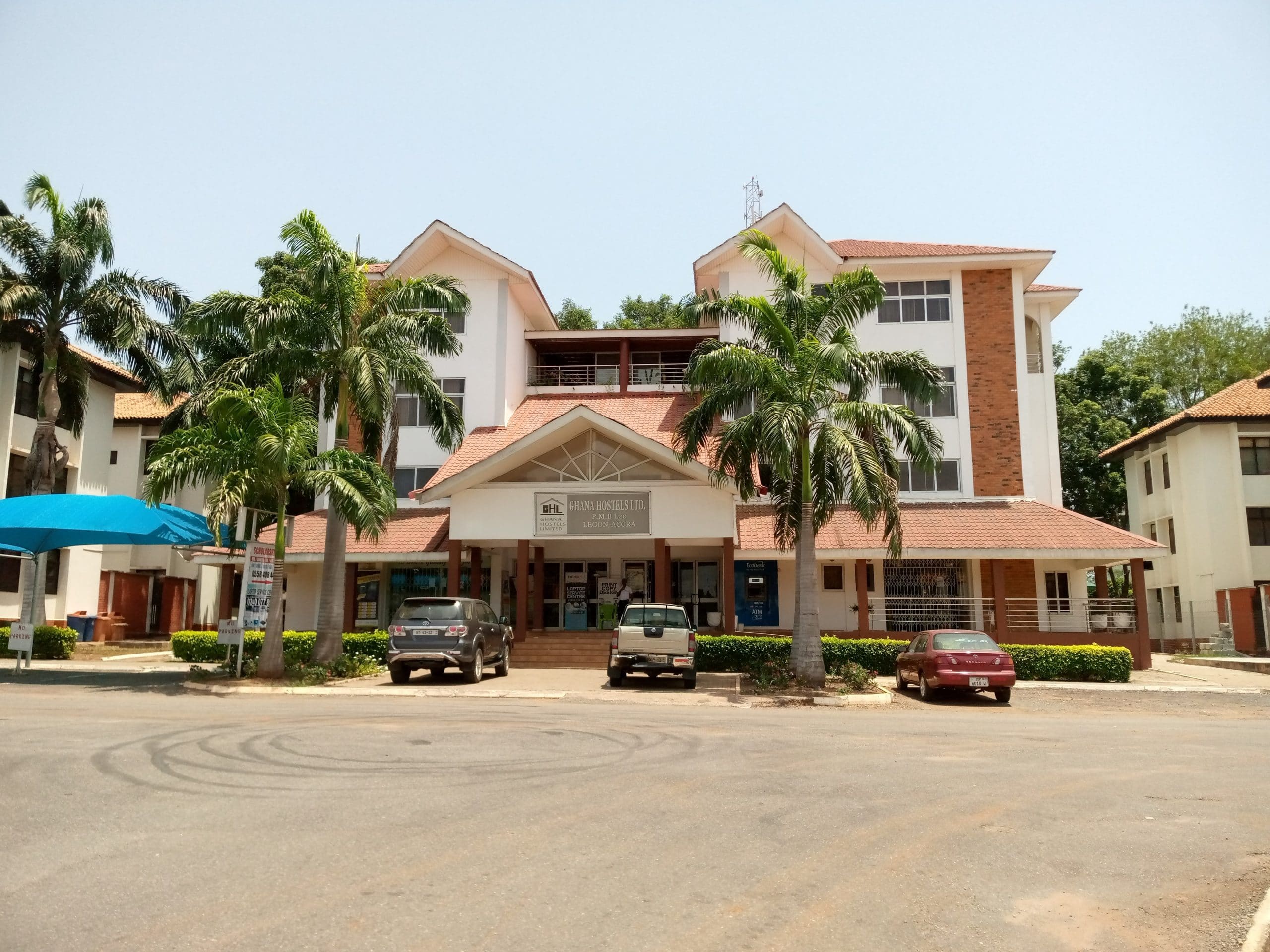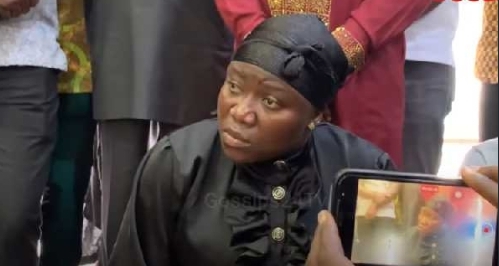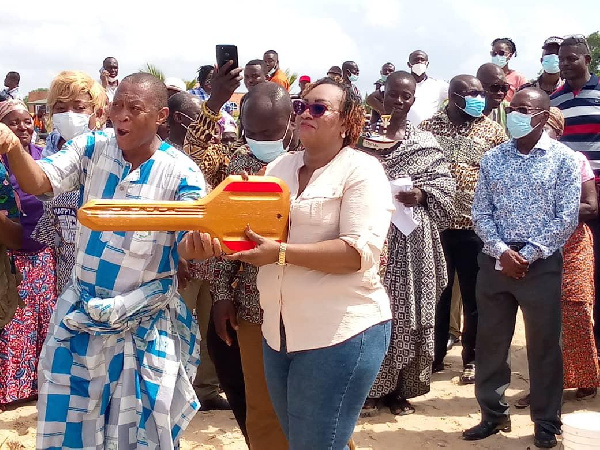Importance of suicide education in Ghana’s Universities
By Joseph Bagah, Senior Assistant Registrar, SDD-UBIDS, Wa There is a growing concern of suicide and tendencies of same among students in Ghana’s universities. Suicide, which is a serious health issue, has resulted in tragic loss of lives at institutions like the Kwame Nkrumah University of Science and Technology, KNUST and the University for Development […]

By Joseph Bagah, Senior Assistant Registrar, SDD-UBIDS, Wa
There is a growing concern of suicide and tendencies of same among students in Ghana’s universities. Suicide, which is a serious health issue, has resulted in tragic loss of lives at institutions like the Kwame Nkrumah University of Science and Technology, KNUST and the University for Development Studies, UDS. In the light of this growing concern, institutions and individuals have been discussing how best the challenge can be tackled and discouraged amongst people, especially students.
Education on suicide and its effect on families, societies and the nation is crucial in addressing this complex phenomenon. It is heartbreaking to note, that Ghana’s universities have witnessed devastating suicide cases, with students jumping from high buildings to death.
These tragic incidents are a stark reminder of the urgent need for the country’s stakeholders in the educational sector to brainstorm on how to break and bring the problem to zero. There should be education and support systems and as a society, we must acknowledge, that suicide is a serious health issue that requires attention and action. The cultural and religious beliefs of Ghanaians may view suicide as a taboo, but the alarming rate of suicide cases demands attention and action. We cannot afford to sweep this issue under the carpet, hoping it will resolve by itself and reduce with time. Instead, urgent action is needed and we must confront it head-on and provide the necessary support and resources to our students. Comparatively, Western countries like the United States and the United Kingdom have adopted steps in addressing suicide issues. They have implemented comprehensive suicide prevention programmes, including education and awareness campaigns, counseling services and hotlines for contacts.
Ghana can learn from these examples and adapt them to our unique cultural context. The fact that it is even two suicide cases, indicates a cause for concern about suicide deaths which underscores the need for proactive measures. Despite the stigma surrounding suicide, it is essential to encourage open conversations, reporting and seeking of help. Educating people on how to identify others with suicide tendencies can go a long way to help identify warning signs, provide coping mechanisms and create a supportive environment. Honouring those who have died by suicide, as done in some Western countries, may not be our cultural practice, but we can still show compassion and understanding. We must recognize, that suicide is often a cry for help, a desperate attempt to escape pain and suffering. By acknowledging this, we can work towards creating a society that supports mental health and well-being. In Ghana, can we truly say we are doing enough to support our students’ mental health, when suicide cases continue to rise? Are we willing to listen without judging others and offer a helping hand? Our Universities must also prioritize suicide education and support services.
This include training staff and students on mental health issues, providing counseling services and creating a safe and supportive environment.We must also work to reduce stigma and discrimination about suicide. Some countries have had similar challenges with suicide among students, but have taken steps to address the issue, including establishing a national suicide prevention hotline and implementing mental health education programmes. Continuous processes require sustained efforts and commitment from all stakeholders, including government, educational institutions, healthcare providers, and community leaders. We must work together to create a society that prioritizes mental health and well-being. Let us work together to break the silence, provide resources and support our mental health. By doing so, we can prevent tragic losses and promote a culture of care and understanding. As a Ghanaian proverb goes, “When you help someone, you help yourself.”
Ultimately, the question remains: Are we willing to take the necessary steps to address incidents of suicide going on in the country and support mental health in our universities? The answer must be a resounding “yes.” We owe it to our students, our communities and ourselves to prioritize their well-being and create a safer, more supportive environment for all. And by this, we can work towards creating a more compassionate and supportive society. Additionally, we must acknowledge the role of social media in causing or negatively aiding suicide and same in its prevention. Social media platforms can provide a vital lifeline for those struggling with mental health issues, offering a safe space to share their experiences and connect with others. Furthermore, we must prioritize research and data collection on suicide in Ghana.
By understanding the root causes and trends, we can develop effective strategies to address this complex issue.
Let us remember, that every life lost to suicide is a tragedy, that can be prevented. By working together and prioritizing suicide education and support, we can create a brighter and a more hopeful future for all, and government must lead in this.
What's Your Reaction?















































































